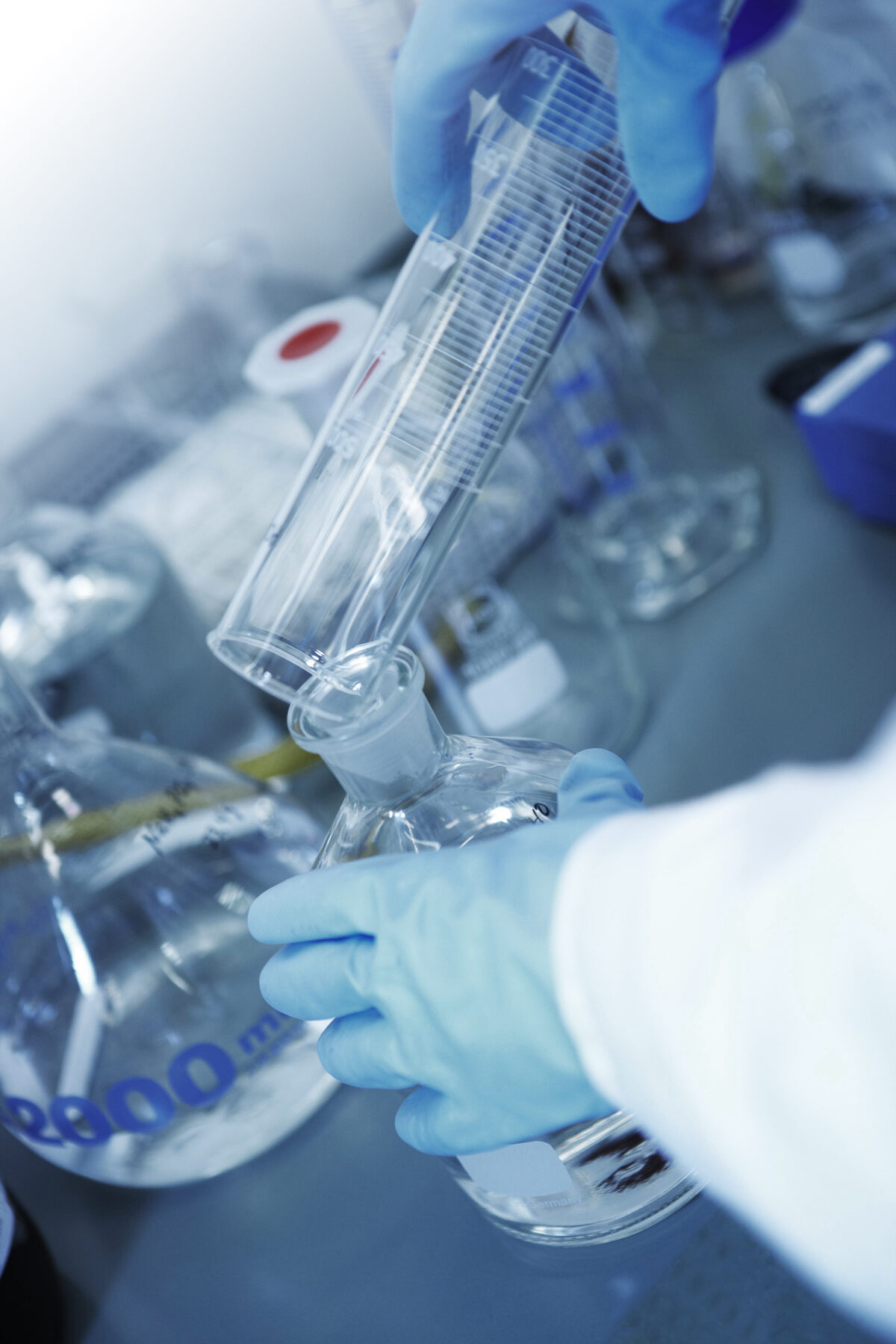Our Projects
Search
Service category
Research Fund
MeCCAM: Mótvægis- og aðlögunaraðgerðir gagnvart áhrifum loftlagsbreytinga í evrópskum sjávarútvegi.
MeCCAM verkefnið hefur það að markmiði að þróa mótvægis og aðlögunaraðgerðir gagnvart áhrifum loftslagsbreytinga fyrir…
OCCAM: Mótvægis- og aðlögunaraðgerðir gagnvart áhrifum loftslagsbreytinga fyrir fiskeldisiðnaðinn í Evrópu
Markmið OCCAM er að þróa, prófa, sýna fram á virkni, meta og loks innleiða lausnir…
Sjálfbærari fiskveiðar og verndun vistkerfa í Atlantshafi og Norður-Íshafi
MarineGuardian verkefnið hefur það að markmiði að efla sjálfbærar fiskveiðar og stuðla að verndun sjávarvistkerfa…
Bætt orkunýtni, lægra kolefnisspor, orkuskipti og stafrænar lausnir sem stuðla að aukinni sjálfbærni í sjávarútvegi á norðurlöndunum
Verkefnið miðar að því að stuðla að sjálfbærni og stafrænum nýjungum í sjávarútvegsgeiranum á Íslandi,…
BRAGÐAUKINN, Næringarríkt bragðaukandi efni úr hliðarstraumum Spirulina framleiðslu
Markmið verkefnisins BRAGÐAUKINN er að auka verðmæti hliðarafurða úr vinnslu á Spirulinu með því að…
Development of the Icelandic database on the chemical content of food (ÍSGEM) 2024-2025
The Icelandic database on the chemical content of food is available on Matís' website The Icelandic database on the chemical content of food...
BLUES: Valuable substances derived from invertebrate cell lines
Marine invertebrates produce many valuable medicinal substances. Sebaceous glands produce, for example, frondoside A, which has many...
BIO2REG: The transformation of industrial areas into a circular economy
BIO2REG is a coordination and support project (CSA) funded by Horizon Europe. The project will make regional added value…
sBACseqFOOD: Single cell RNA sequencing of bacteria for improving food safety and reducing spoilage
The goal of the project is to enhance the analysis of bacterial growth patterns in an industrial context and thus increase food safety,...
Skyr as Biological Cultural Heritage: An Ethnographic and Biological Study of Living Microbes, Resilience and Diversity
The project investigates curd as biological cultural heritage. The project focuses on long-term cooperation between different species...

